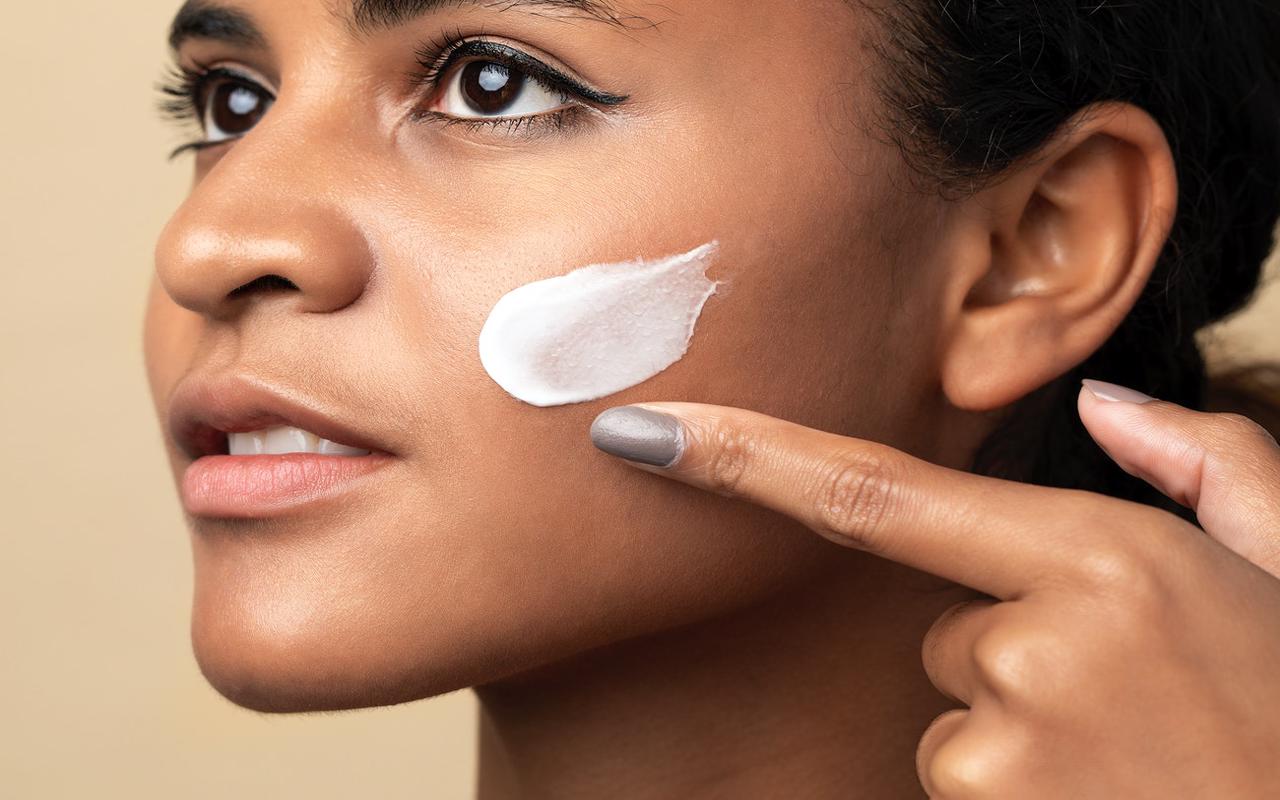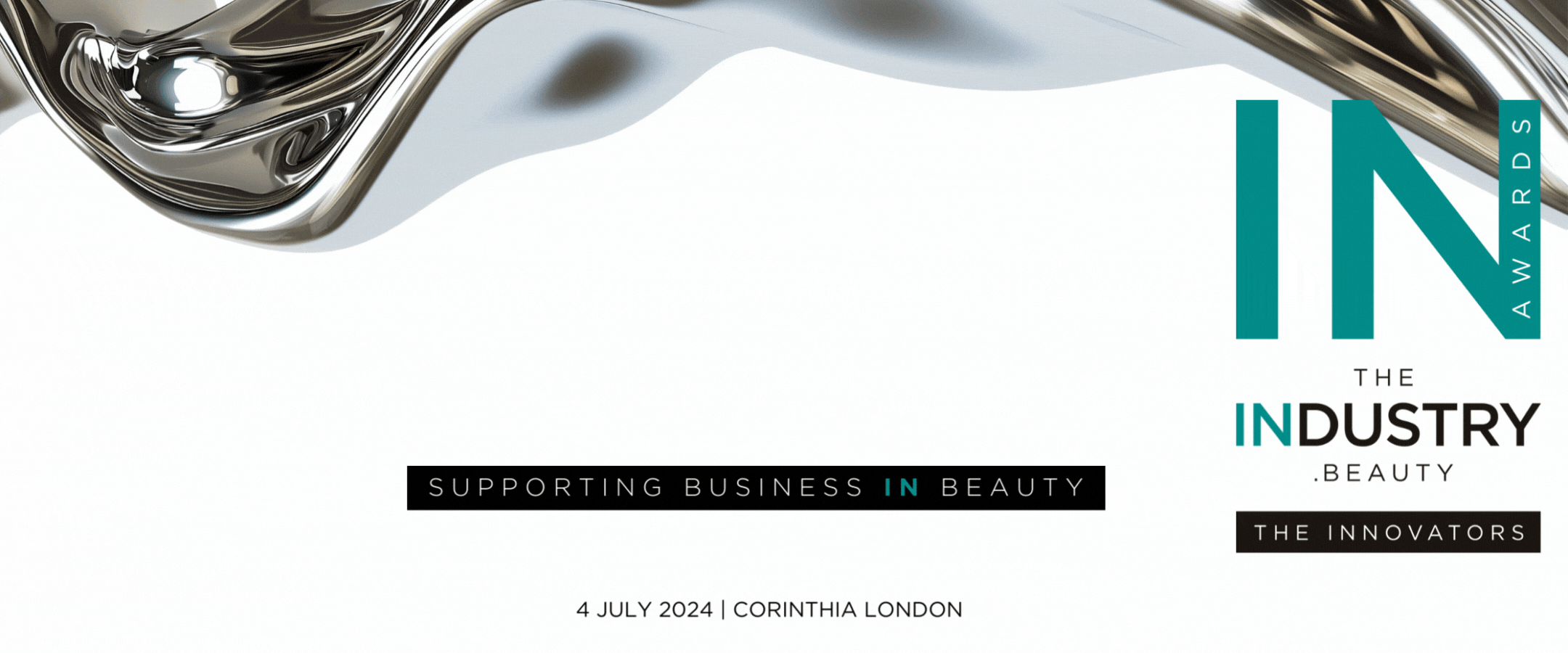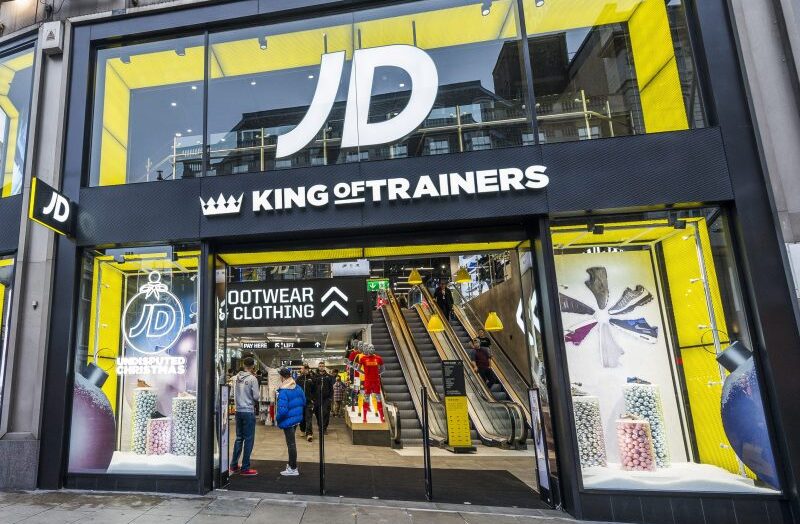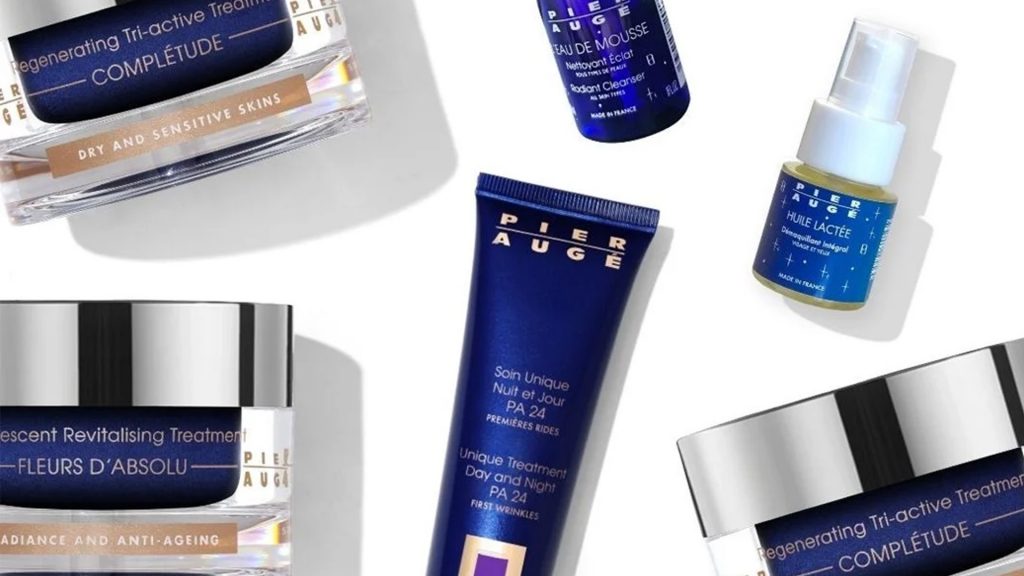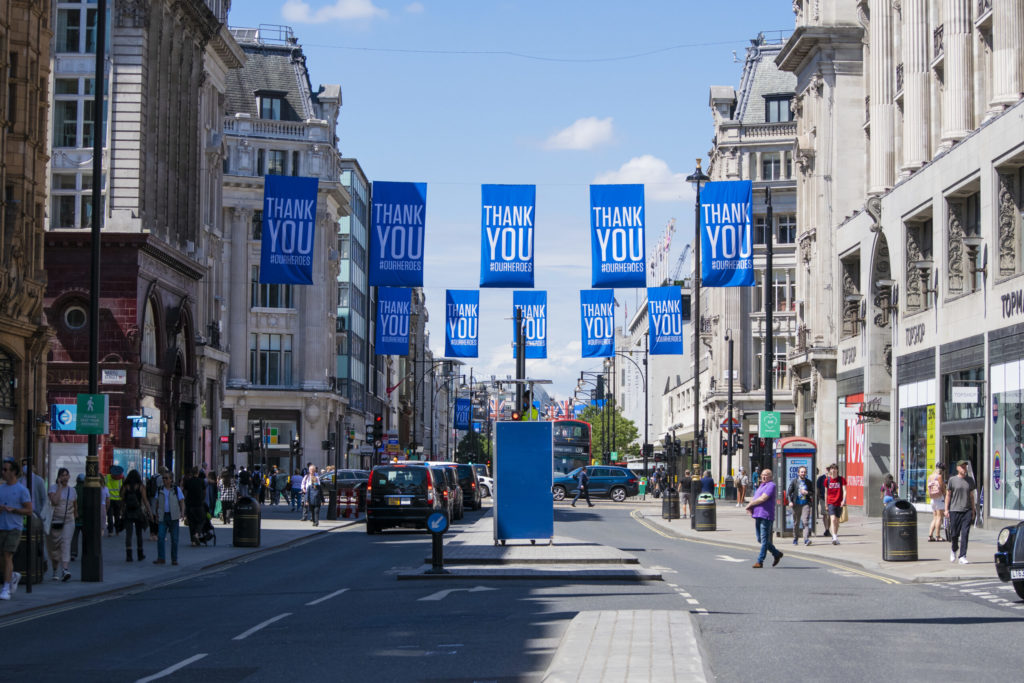Beyond Vegan: The vibrant shape of things to come for vegan beauty
Veganism, just like food and fashion, is now big news in the beauty and skincare space and as we enter 2021, with many consumers expressing a keen desire for positive change, the movement looks set to hit dizzy new heights.
The annual Veganuary campaign, which is currently in full swing, has already smashed last year’s record-breaking sign-up sum, with more than 500,000 people pledging to take on the challenge this January - and in fact the ‘vegan’ claim is now the 7th biggest among SKUs in the global beauty and personal care (BPC) industry, latest Euromonitor International figures show.
In the UK specifically, vegan products account for 3.5% of total beauty and personal care SKUs, with the movement becoming particularly prevalent in the UK skincare market, where 4.7% of all SKU’s and growing, now boast a vegan claim, thanks to the widening usage of effective plant-based alternatives, which also deliver in terms of product performance.
It’s also gaining serious traction within the make-up market, which has been trickier to develop due to challenges with alternatives for pigmentation and shimmer, however, as recent launches clearly demonstrate, innovative vegan brands are not just overcoming those challenges, they are mastering them.
Just take this month's launch of music artist Halsey’s new direct-to-consumer vegan beauty brand About-Face for example.
And as the movement continues to build steady momentum, UK consumers are demanding even more from the vegan beauty mob; driving brands to champion other key issues, from waste to transparency, education and inclusivity – birthing a new generation of truly-inspiring companies and products in the process.
With sustainability rising swiftly up beauty shoppers’ agenda, independent vegan brands are leading the charge here; with a raft of eco-innovations across packaging, ingredients and shipping - well-ahead of many mainstream brands.
Take Zero-waste beauty brand Ethique for example, whose package-free, soap-free, vegan shampoo bars sold out within 48 hours of first hitting the UK market in 2019 – long before the much-hyped launch of Garnier’s Ultimate Blends solid shampoo bars in November 2020.
Another brand that’s certainly pushing the sustainability envelope is Upcircle, the vegan beauty brand founded by siblings Anna and William Brightman which has pioneered the large-scale use of waste bi-products from other industries in its beauty formulations.
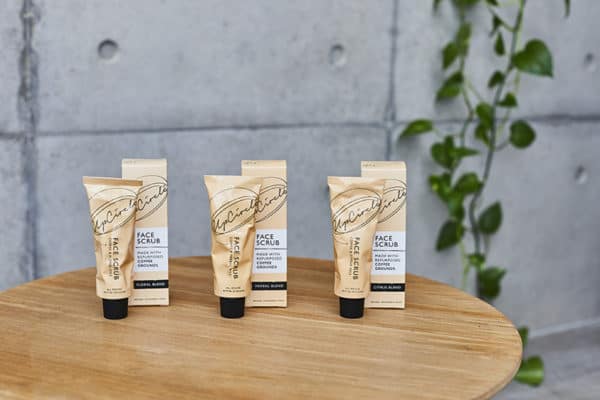
Upcircle’s range of skincare and beauty products now encompasses 10 different by-products from a variety of industries, from powdered fruit stones to argan shells, by-product fruit waters from the juicing industry and bark extracts from the wood industry.
“I think for many consumers vegan is becoming an almost basic requirement and in 2021 I expect a lot more consumers to be asking vegan skincare brands the question, ‘so what else do you do?’ Anna says.
“For us we work with by-products and the circular economy is our major USP, but we also do a lot of charitable donations and we work with local businesses.
“Consumers want to know that brands are doing good in the world, the expectations on us are going up and up and up - as are expectations on transparency.”
“Consumers today want to know about your supply chain from start to finish and giving them access to that information is a must.”
“I think a lot of this stems from a lack of trust in recent years from some of the big brands, who have been hit with claims of greenwashing, misleading advertising or whatever it might be,” she adds.
And expectations on transparency are not limited to supply chains; with consumers increasingly demanding more transparent descriptions for product use and efficacy – and again vegan brands are delivering here.
Future Laboratory Foresight Editor Kathryn Bishop explains: “When it comes to skincare and vegan skincare in particular, there is a huge trend towards honest products and it goes deeper than just the ingredients used, it’s also about stripping things back, changing the language that is commonly used to talk about skincare.
“There’s a real movement away from less ‘magical’ wording and ‘wonder products’ and a rise in the use of more practical wording and descriptions with clearer explanations about product efficacy,” she says.
Another vegan-friendly brand certainly delivering in this space is Q&A - which, with its use of simple, honest, language and clean and clear packaging, is seeking to “demystify the skincare category.”
Founder Freddy Furber explains: “We understand that skincare products can be confusing, studies show that even in the world of so called ‘skintellectuals,’ a huge percentage of people don’t actually know what their skin type is.
“Our mission is to simplify skincare and explain consumer’s skincare needs through a unique Q+A checklist which allows customers to build new skincare regimes at the point of contact on the shelf,” he says.

Q&A’s newest product: Apple AHA Exfoliating Gel for example, clearly explains, via the use of a simple on-pack checklist, what the product is, who its suitable for and how it helps to remedy different skincare concerns.
And with consumers set to keep a close watch on the purse strings, recent months have also seen a growth in the number of “affordable” vegan beauty products hitting the UK market – after all, leading a clean, vegan life-style shouldn’t be the preserve of the elite.
Take the recently launched Skin Proud brand, whose range of 100% vegan products has a top price of just £14.99.
The brand, which is currently sold exclusively through Asos, is also seeking to strengthen the skin and body positivity movement, calling on the UK’s advertising watchdog to ban photoshopping in skin advertising.
And Skin Proud is certainly not the only vegan brand at the forefront of the growing movement towards inclusivity within the beauty industry, which arguably was accelerated by the launch of Rhianna’s Fenty Skin brand in the summer of 2020 and Fenty Beauty prior to that.
The Fenty Beauty brand, which has “50 boundary-breaking foundation shades,” just expanded its reach in the UK having rolled out to selected Boots stores and online.
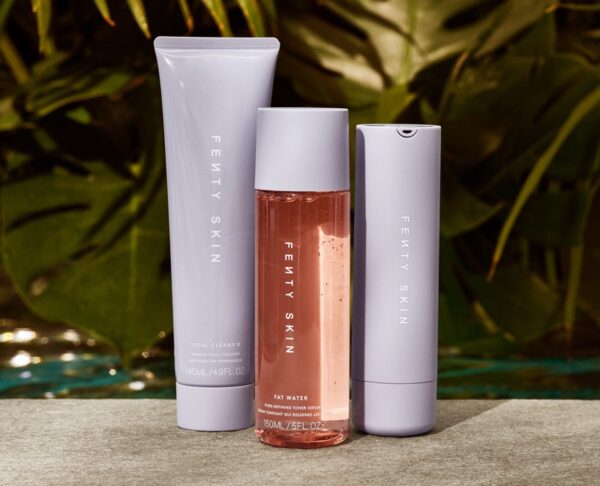
Another vegan brand championing inclusivity in the beauty sector is Isle of Paradise.
The brand’s range of innovative self-tanning drops, waters and mousses, were designed with the “sole objective of diversifying the self-tan category – creating products that not only champion self-love and body positivity, but also that welcome people of all skin tones, sizes, genders and abilities,” founder Jules Von Hep says.
Halsey’s aforementioned About-Face brand also looks set to pack a punch in the vegan beauty area in 2021.
Inspired by and for its diverse and artistic community, About Face is designed to break down barriers with a 40 SKU-strong range of “multi-dimensional makeup for everyone,” that also delivers a powerful promise to perform with highly-pigmented, long-wear formulas.

Commenting on the launch, self-confessed “make-up junkie,” Halsey said: "Makeup is an art and art is about happy accidents, not any one ideal of perfection.
"I always feel the most-free when I am creating looks without following any rules. The beauty industry has norms, but I want to encourage people to challenge those standards and allow things to be imperfect and fun."
With attitudes and aspirations like that, 2021 is certainly shaping up to be a defining year for the vegan beauty category.

